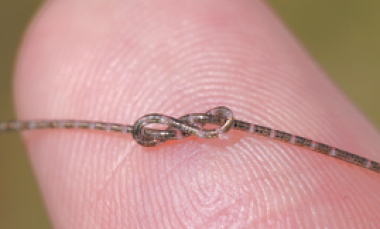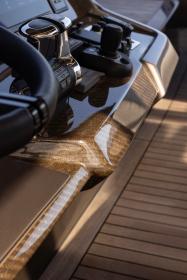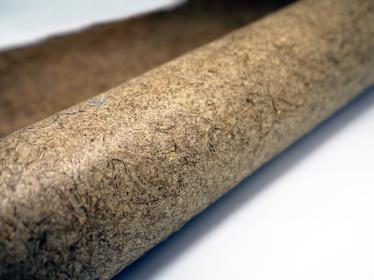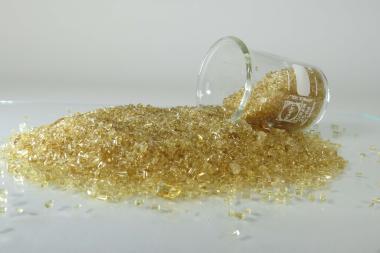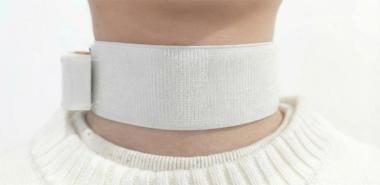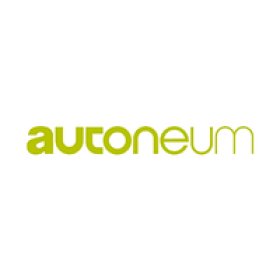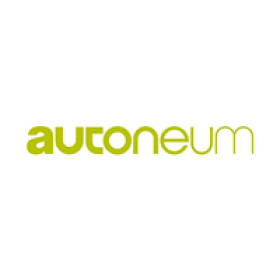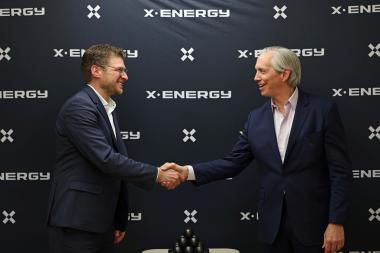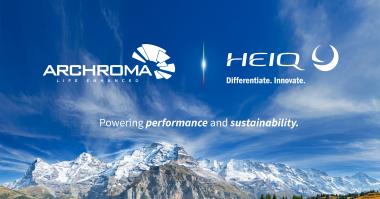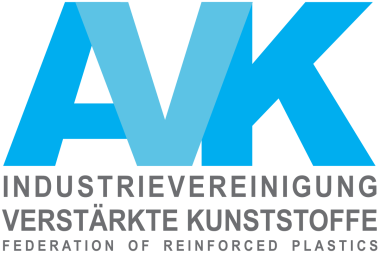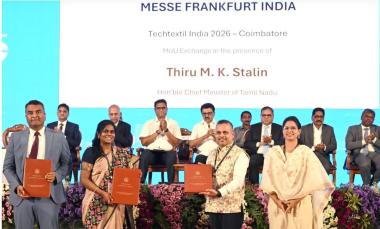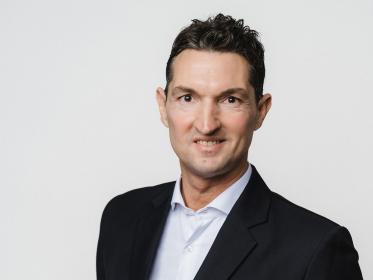Fiber chip: Complex electronic circuits inside thin, flexible fibers
A research team at Fudan University in Shanghai has successfully built complex electronic circuits inside thin, flexible fibers. This breakthrough, referred to as a fiber chip, allows fabrics to process information like a computer while remaining soft enough to be stretched, twisted, and woven into everyday clothing.
The development could transform industries like brain-computer interfaces — which allow the brain to communicate directly with external devices — as well as high-tech textiles and virtual reality.
Typically, computer chips are flat and rigid, built on stiff materials like silicon. And because fibers are curved and have very little surface area, it has been difficult to fit enough electronic parts onto them to make them useful. To solve this, the Fudan University team moved away from just using the surface of the fiber. Instead, they designed a multilayered spiral architecture, essentially building several layers of circuitry inside the fiber to use all the available internal space.
The team's experiments show that a fiber chip only 1 millimeter long can hold 10,000 transistors — the tiny switches that process data in electronics. This gives it the same processing power as a chip used in a heart pacemaker. If the fiber is extended to 1 meter, it could hold millions of transistors, reaching the power levels of a standard desktop computer processor.
The research, which challenges the traditional way computer chips are made, was published in the journal Nature.
For decades, scientists have added basic functions to fibers, such as the ability to store energy or sense touch. However, these smart fabrics usually had to be plugged into bulky, rigid computer chips in order to function. This made the clothing stiff and uncomfortable. The new fiber chip eliminates that need, allowing the fabric to think and act autonomously.
Our fabrication method is highly compatible with the current tools used in the chip industry, said Chen Peining, a researcher at Fudan University's Institute of Fiber Materials and Devices. We have already achieved a way to mass-produce these fiber chips.
The technology has significant implications for healthcare. In the BCI field, current systems use stiff electrodes that must be wired to external computers. The fiber chip could allow for a closed-loop system — where sensing, data processing, and medical stimulation all happen within a single, soft fiber.
Professor Peng Huisheng, a co-author of the study, noted that these fibers are as thin as 50 micrometers — thinner than a human hair — and as flexible as brain tissue. This makes them safer and more effective in the treatment of neurological diseases.
In the world of virtual reality, the technology could lead to smarter tactile gloves. Current VR gloves often use clunky hardware that makes them feel unnatural.
Smart tactile gloves made with fiber chips are indistinguishable from ordinary fabric, Chen said. They can sense and simulate the feel of different objects, which could be used by surgeons to 'feel' the hardness of tissue during a remote robotic surgery.
Fudan University


